"Reality against Kosovo energy fantasy"
Kosovo politicians are sure the province has the capacity to export energy, but “harsh reality contradicts these grandiose energy fantasies,” writes Die Presse.
Saturday, 31.05.2008.
11:37

Kosovo politicians are sure the province has the capacity to export energy, but “harsh reality contradicts these grandiose energy fantasies,” writes Die Presse. The Vienna daily states that earlier this week at a seminar on the investment potential of Kosovo mining and energy in Vienna, it was stated that Kosovo was fifth in the world when it came to using brown coal reserves in modern power stations in an eco-friendly manner. "Reality against Kosovo energy fantasy" It was added that a hydro-electric power plant was currently under construction in Albania with a capacity twice as big as that of Austria’s Kaprun plant that would be able to sell electrical energy in the Balkans very soon. “So much for dreams. The reality is somewhat different however. Kosovo politicians and economic lobbyists boast that Kosovo, in line with EU requirements, has split the KEK electricity supplier from KOSTT, the company responsible for transferring power. But, KOSTT only owns high energy channels on paper, something that Deputy Kosovo Mining and Energy Minister Blerim Rexha was forced to admit in Vienna,” writes Die Presse. The daily states that this is perhaps a confusing fact, but can be “explained simply… since, whoever sells Kosovo power, actually gives it to the Electric Power Industry of Serbia (EPS).” “It is EPS that actually owns Kosovo’s high power network capacities, and then sells it to interested parties. That is the case for all channels going towards Albania, Macedonia and Serbia,” the Austrian daily explains. It adds that this raises the question of what the Kosovo government wants to do to assume control of its own infrastructure. “To usurp ownership from Serbia—very unlikely. Impoverished Serbia is no position to be handing out gifts, particularly not to the Kosovo Albanians. Rexha said that he was going to great pains to reach an agreement, but that he did not know when that would be,” writes the Vienna daily. Die Presse adds that “trading electricity with Albania which is rich in water, which certain Austrian energy concerns have dreamed about, will not be possible as quickly as promised at conferences and in fancy advertising brochures.” The fact is that Albania is not a member of the Union for the Coordination of Transmission of Electricity (UCTE). The reason for this is that “it cannot guarantee a consistent supply of energy. Therefore, it cannot ensure that hydro-electric stations won’t suddenly start generating excessive electricity and overload the international network.”
"Reality against Kosovo energy fantasy"
It was added that a hydro-electric power plant was currently under construction in Albania with a capacity twice as big as that of Austria’s Kaprun plant that would be able to sell electrical energy in the Balkans very soon.“So much for dreams. The reality is somewhat different however. Kosovo politicians and economic lobbyists boast that Kosovo, in line with EU requirements, has split the KEK electricity supplier from KOSTT, the company responsible for transferring power. But, KOSTT only owns high energy channels on paper, something that Deputy Kosovo Mining and Energy Minister Blerim Rexha was forced to admit in Vienna,” writes Die Presse.
The daily states that this is perhaps a confusing fact, but can be “explained simply… since, whoever sells Kosovo power, actually gives it to the Electric Power Industry of Serbia (EPS).”
“It is EPS that actually owns Kosovo’s high power network capacities, and then sells it to interested parties. That is the case for all channels going towards Albania, Macedonia and Serbia,” the Austrian daily explains.
It adds that this raises the question of what the Kosovo government wants to do to assume control of its own infrastructure.
“To usurp ownership from Serbia—very unlikely. Impoverished Serbia is no position to be handing out gifts, particularly not to the Kosovo Albanians. Rexha said that he was going to great pains to reach an agreement, but that he did not know when that would be,” writes the Vienna daily.
Die Presse adds that “trading electricity with Albania which is rich in water, which certain Austrian energy concerns have dreamed about, will not be possible as quickly as promised at conferences and in fancy advertising brochures.”
The fact is that Albania is not a member of the Union for the Coordination of Transmission of Electricity (UCTE). The reason for this is that “it cannot guarantee a consistent supply of energy. Therefore, it cannot ensure that hydro-electric stations won’t suddenly start generating excessive electricity and overload the international network.”












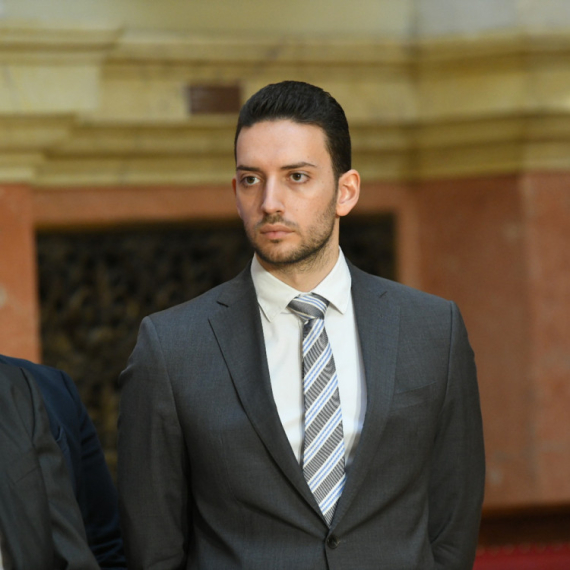


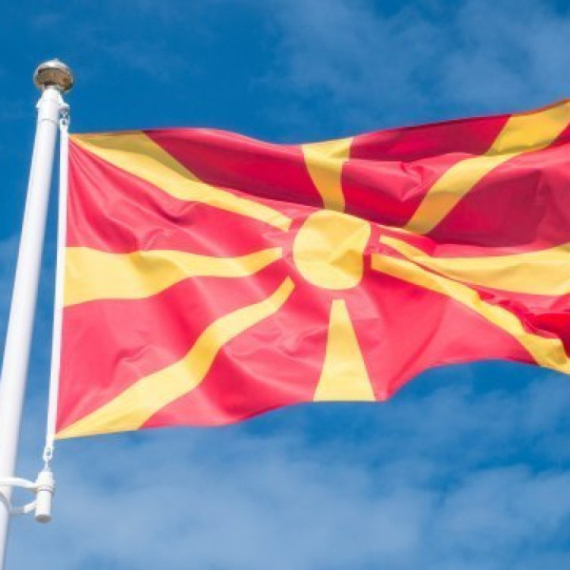
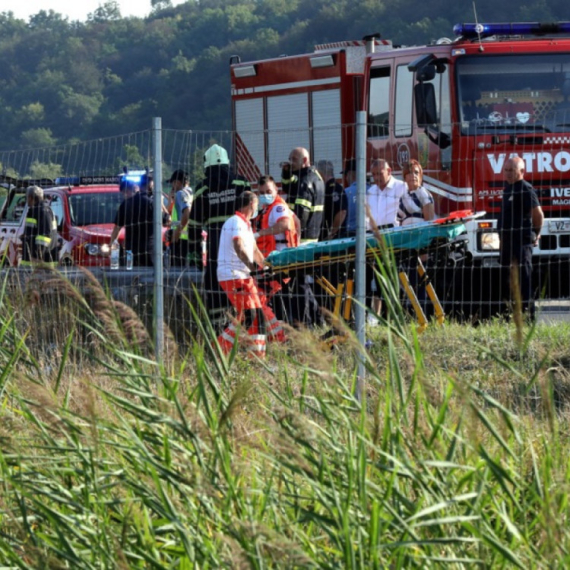
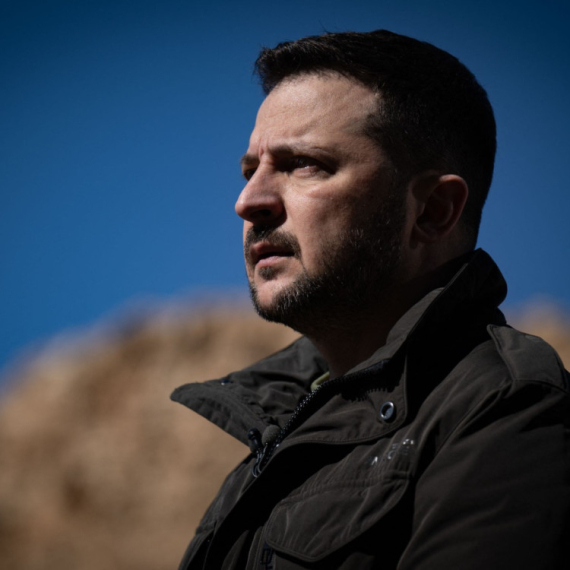
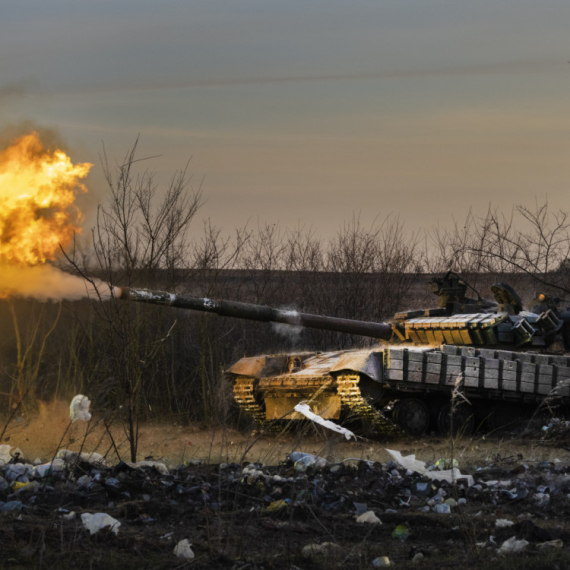




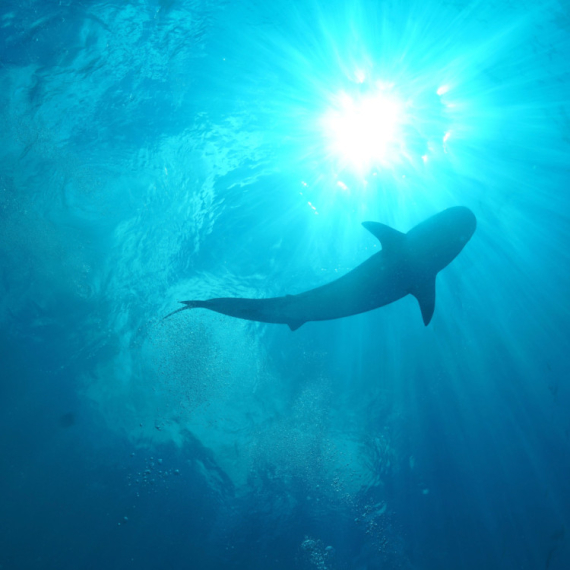






















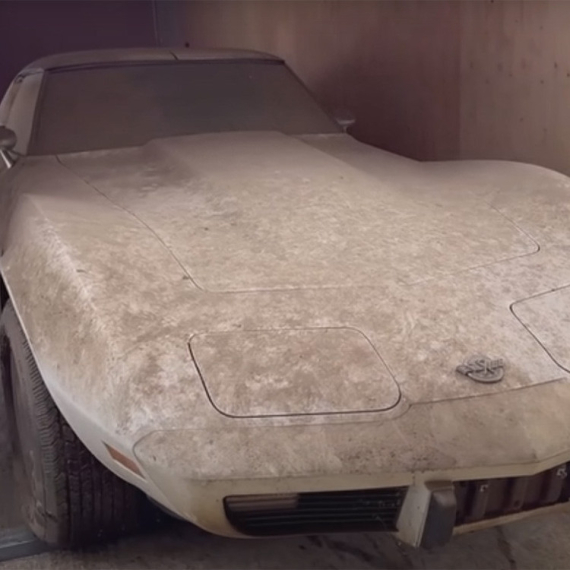






Komentari 15
Pogledaj komentare